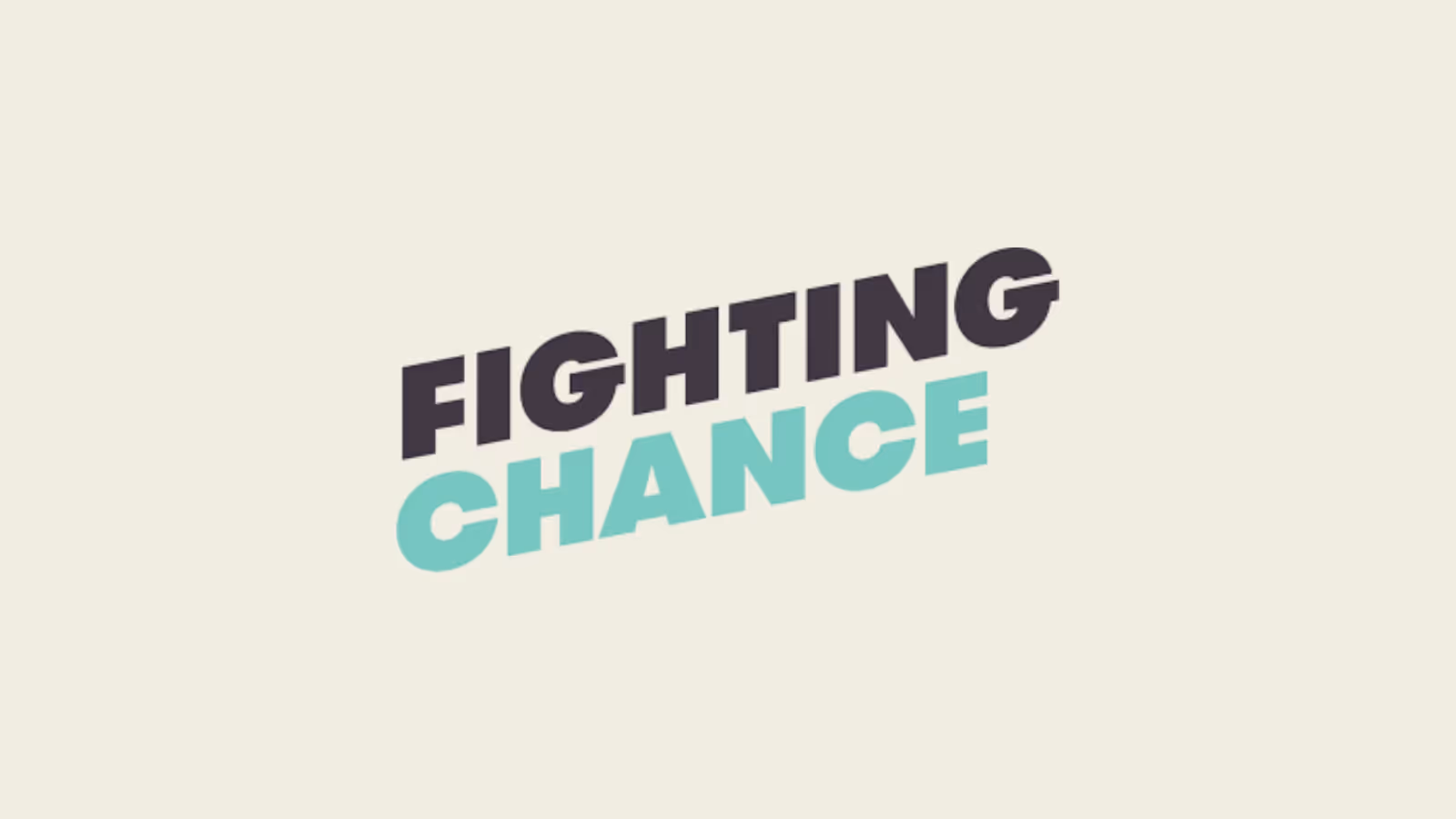Are EAPs Confidential?
Find out when EAP sessions are confidential and when disclosure may be required.

Key Takeaways
- EAP services are strictly confidential, with no personal information shared unless you give clear consent.
- There are rare exceptions, like when someone is at risk of harm, but otherwise privacy is fully protected.
- Many employees misunderstand EAPs, believing their use will impact promotions or be reported — this isn’t true.
- Employers play a key role by clearly communicating confidentiality and making access easy and discreet.
- Sharing anonymised success stories can help normalise EAP use and build trust across the team.
Employee Assistance Programs (EAPs) promote employee wellbeing and productivity by providing free, confidential counselling services and other resources. They are designed to help individuals manage both personal and job-related stress, resulting in a healthier work-life balance. However, despite the benefits of EAPs, their use often faces hesitation from employees due to confidentiality concerns.
Is Using an EAP Confidential?
Yes, EAPs are generally confidential. When employees use EAP services, their sessions are protected by ethical policies and guidelines, similar to accessing a private counsellor in the community. EAP counsellors are bound by their registration bodies, ensuring that personal information is not disclosed and confidentiality is maintained.
This assurance of privacy is crucial for the effectiveness of EAPs, as it encourages more employees to seek the help they need, ultimately benefiting both the individual and the organisation. However, there are exceptions in cases where there are safety concerns that would mean a counsellor would need to break confidentiality.
What Employees Often Get Wrong About EAP Confidentiality
Many people avoid using EAPs because of outdated or inaccurate assumptions. Here’s what you should know:
“My manager will find out.”They won’t. EAPs are confidential, and no personal info is shared unless you give permission.
“It’ll affect my job or promotion.”It won’t. Using an EAP has no impact on your employment. Seeking support is seen as a strength, not a liability.
“They’ll report back what I said.”They don’t. Only de-identified stats (e.g. usage trends) are shared with employers—never names or case details.
“I can’t talk about work problems.”You can. EAP providers are independent and trained to support you, even with sensitive workplace issues.
When EAP Services Might Not Be Confidential
Circumstances Requiring Employer Notification
Certain circumstances necessitate employer notification For example, if an employee pose a safety risk to themselves or others, the EAP provider may be obligated to inform the employer. These situations prioritise safety and organisational responsibilities over strict confidentiality, as there are imminent risks that require intervention to ensure safety within the workplace.
Overcoming Confidentiality Concerns
Addressing Employee Fears about Confidentiality Breaches
Confidentiality concerns often deter employees from utilising Employee Assistance Programs (EAPs) despite their benefits. To alleviate these concerns, it’s crucial for employers to clearly communicate the strict confidentiality measures that govern EAPs. Employees should understand that EAP counsellors adhere to professional ethical guidelines and legal standards that prioritise client confidentiality. This assurance helps employees feel secure in seeking EAP support without the fear of judgment or repercussions.
Best Practices for Ensuring Privacy and Encouraging EAP Utilisation
Ensuring privacy and encouraging EAP usage involves implementing several best practices:
Confidentiality Policies
Outline the confidentiality policies and procedures of the EAP provider in clear, accessible language.
Anonymous Access
Offer anonymous or confidential methods for employees to access EAP services, such as direct contact with the EAP provider without involving HR or management.
Employee Education
Educate employees about their rights to confidentiality and privacy when using EAP services. Provide information sessions or materials that explain how EAP confidentiality is maintained.
Role of HR and Management in Promoting EAP Confidentiality
Human resources (HR) and management teams play a pivotal role in promoting and upholding EAP confidentiality within the organisation.
They should be well-versed in the confidentiality policies of the EAP provider and ensure that all employees are informed about their rights to privacy.
HR departments should maintain a supportive and non-judgmental approach when employees approach them about accessing EAP services, reinforcing the confidentiality protections in place.
Criteria for evaluating an EAP’s confidentiality
When evaluating EAP providers, consider the following criteria:
- Ethical Standards: Verify that the EAP provider follows ethical guidelines set forth by professional associations for counsellors.
- Privacy Policies: Review the provider’s privacy policies to understand how they protect client information and under what circumstances information may be disclosed.
- Easy of access: Can employees self-manage the bookings or are they required to go through a referral or a triage line, which can be a deterrent to booking in.
Employers can foster a supportive workplace culture by proactively addressing confidentiality concerns and promoting transparency.
This ensures employees feel comfortable seeking EAP support when needed, aware that their privacy is respected and protected.
Confidentiality within EAPs is essential in building trust between employees and counsellors. It encourages individuals to seek necessary support without fearing workplace repercussions. This confidentiality also maintains the integrity and effectiveness of EAP services across various Australian industries.
Related Content

Hello 👋 I’m Joel the founder of Foremind.
Are you ready for simplified support & compliance?
Latest insights
Answers to the frequently asked questions.
Still have questions?
Email us at enquiries@foremind.com.au and we'll get back to you quickly with a response
Yes, we have culturally competent counsellors available, including those able to work with first nation and CALD employees.
Onshore on secure AWS Servers in Sydney Australia. All data is encrypted in transit and at rest and our entire team is located in Australia.
Employees can access our platform on any device (mobile, laptop, desktop, etc.) as long you have the website link - no need to download any app on devices. You wouldn’t need to enrol any of your staff individually.- When we do our onboarding, we ask for the first name, last name and email of all your employees, and send out an email invite to all them which will allow them to create their own individual account to access the platform. For new staff we can also invite them or provide you with a unique link to embed in your onboarding process, whichever is more convenient for you. We also kick things off with a launch webinar or video to make sure everyone is aware of Foremind and how to use it. We’ll also provide you with any collateral such as posters, QR codes, brochures etc. to help drive awareness and encourage people to create an account in the platform.
The support line is answered by our reception service 24/7. It is for urgent platform or session-related issues only (e.g. *“My counsellor didn’t show”*) or helping staff create an account.





